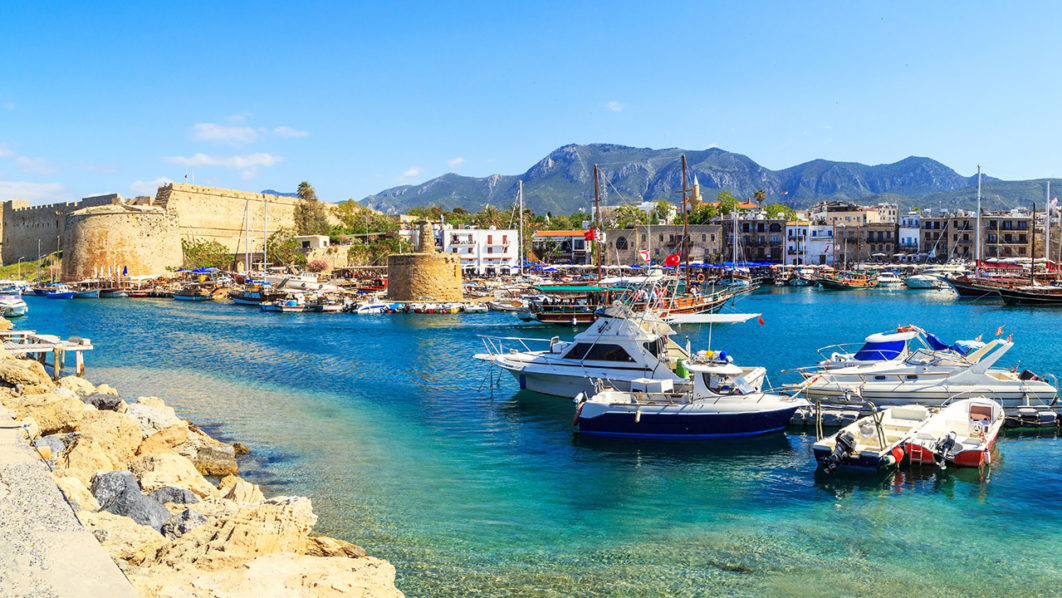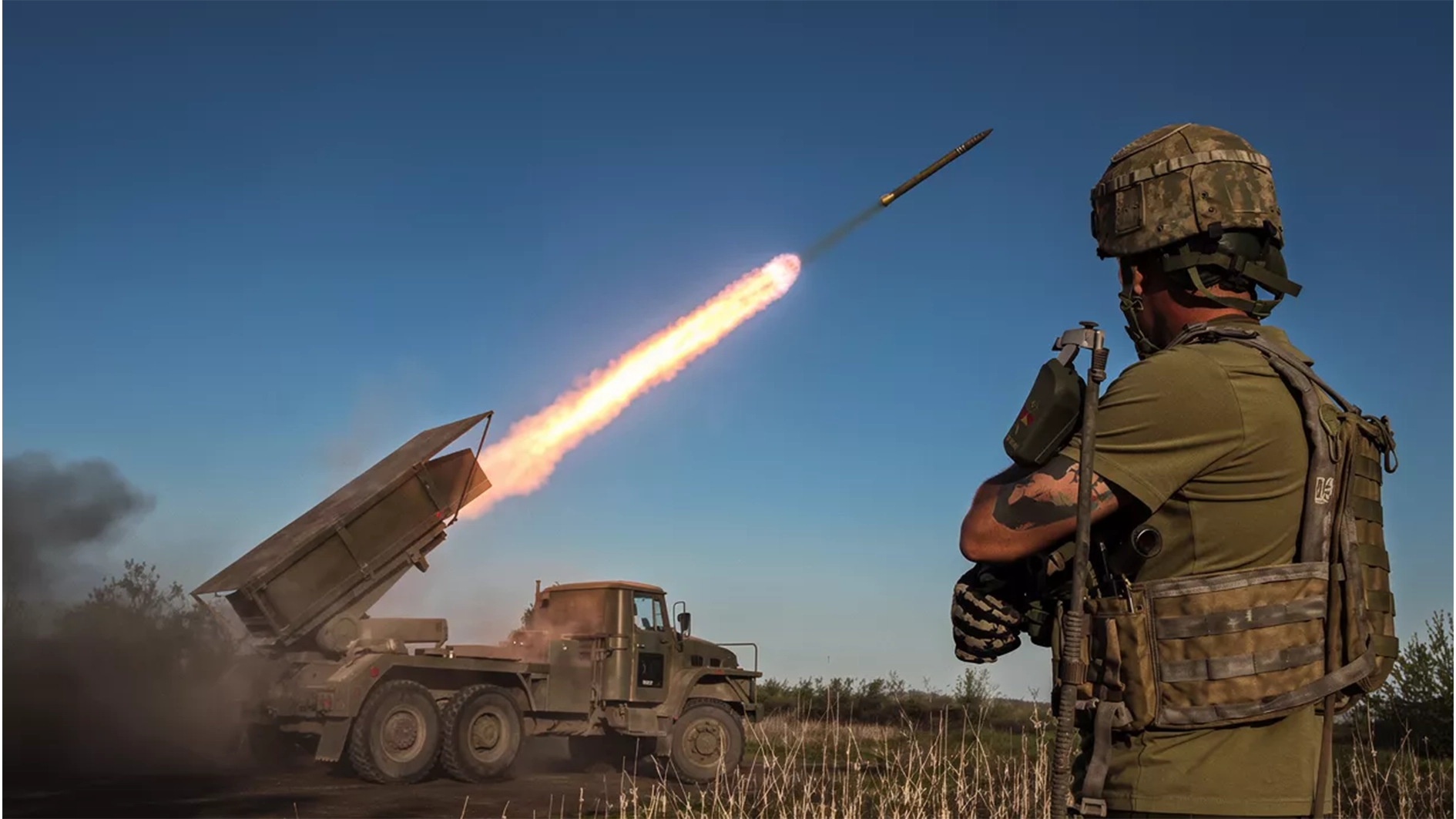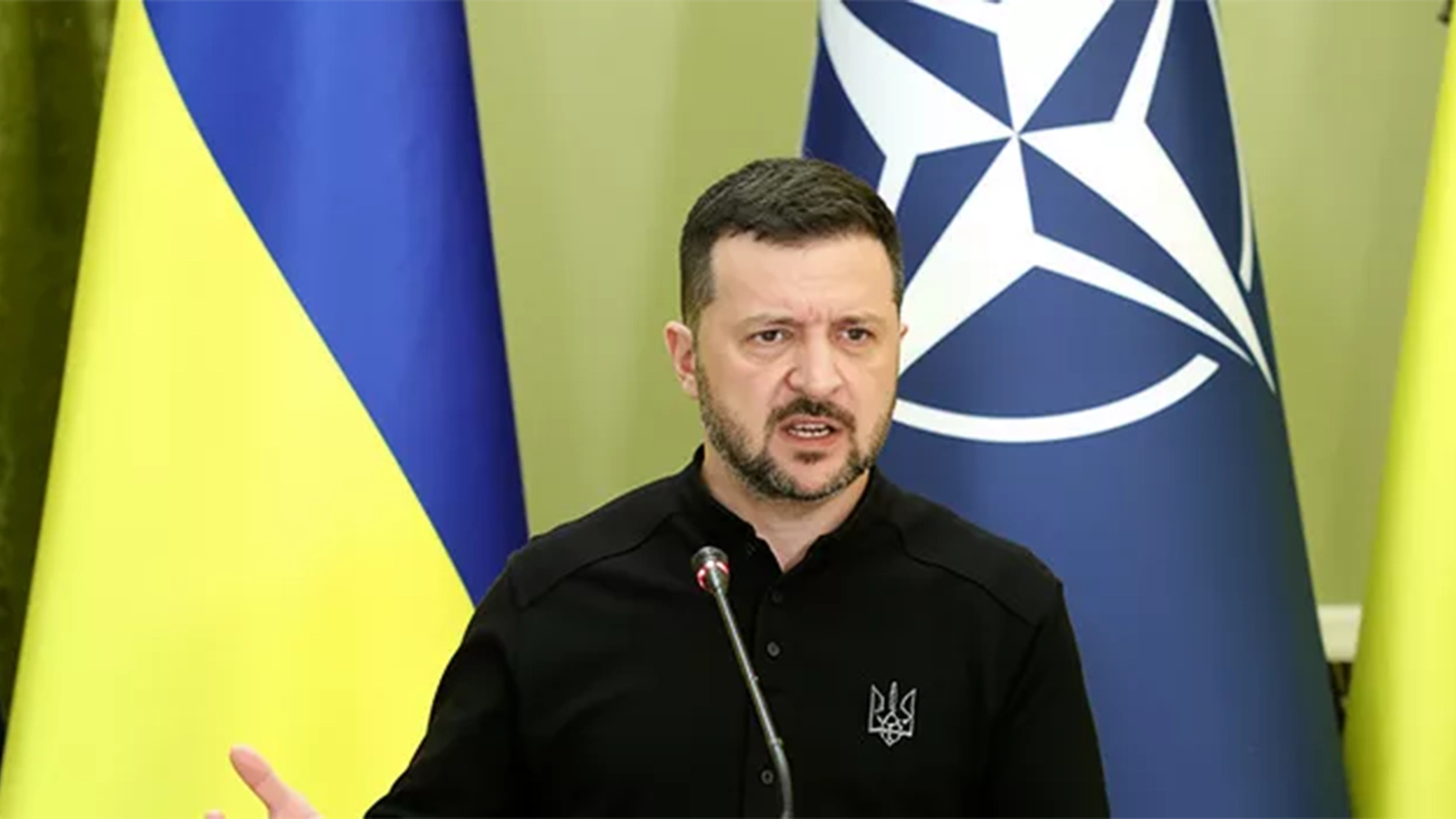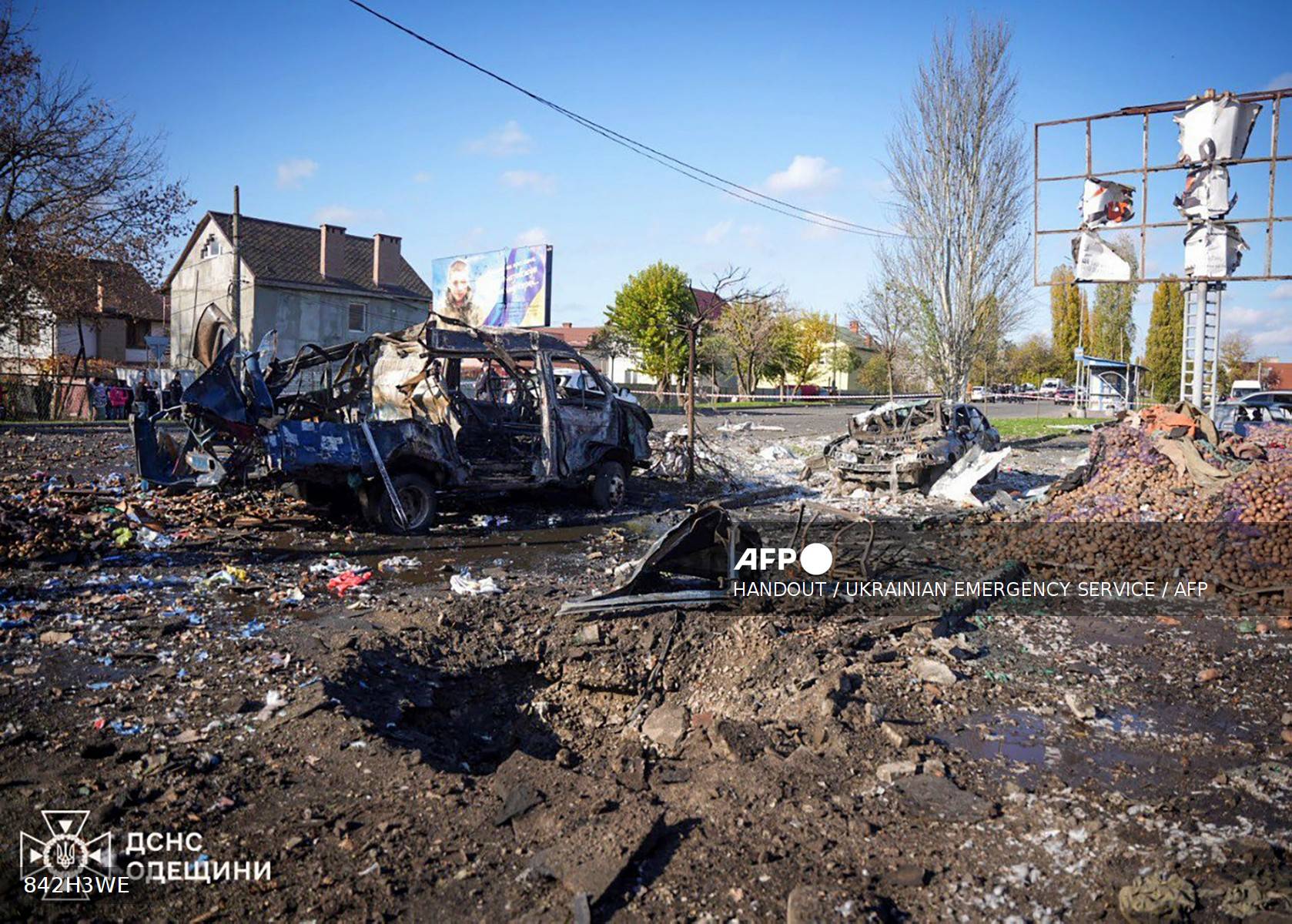
Here are five things to know about the popular holiday destination that has been split for almost 44 years:
– Aphrodite and empires –
Nestled in the eastern Mediterranean, Cyprus is the mythical birthplace of the Greek goddess of love Aphrodite, who legend has it rose out of the foam near the ancient town of Paphos.
The island’s strategic location at the crossroads between east and west has made it a target for a succession of empires from the Assyrians and early Greek settlers to the British.
It was given by Roman general Mark Anthony to his Egyptian lover Cleopatra and used by England’s King Richard the Lionheart as a staging post during the Crusades before he sold it to the Knights Templar.
For 300 years, it was part of the Ottoman Empire before the British took control in 1871. After an insurgency by fighters seeking union with Greece, the British eventually granted Cyprus independence in 1960.
– Divided island –
Cyprus has been divided since 1974 when Turkish troops invaded and occupied the northern third of the island in response to a coup sponsored by the military junta then ruling Greece.
Ankara’s intervention followed a decade of intercommunal tension and violence between the Greek majority and the Turkish minority and the deployment of UN peacekeepers. The division saw some 200,000 people forced from their homes.
Almost 44 years later, Cyprus remains cut in two and a barrier of barbed wire and military posts makes the capital Nicosia the world’s last divided city.
In the south is the internationally recognised Greek-majority Republic of Cyprus that became an EU member in 2004. In the north is the breakaway Turkish Republic of Northern Cyprus recognised only by Ankara.
In July 2017, talks came closer than ever to reuniting the island but collapsed before the finishing line, over issues that included the future of tens of thousands of Turkish troops in the north.
– British bases –
Cyprus is home to the two British Sovereign Base Areas of Akrotiri and Dhekelia that house key military and air force installations.
The areas were established under the treaties that saw Britain grant Cyprus independence, as London sought to maintain a strategic foothold in the region.
The bases have served as intelligence-gathering hubs and a launch pad for British air operations as part of a US-led coalition fighting the Islamic State group in Syria and Iraq.
– Holiday destination –
With its year-round sunshine, sandy beaches and crystal-clear waters, Cyprus has long been a tourist destination.
Before the island’s division, the international jet set graced the beaches of Famagusta. Sophia Loren owned a house there, and it was a favourite of Elizabeth Taylor and Richard Burton.
The city’s Varosha district is now an abandoned and fenced-off ghost town.
But the rest of the island is enjoying a tourist boom.
In 2017, with traditional rivals Egypt, Turkey and Tunisia facing instability, Cyprus smashed records as an estimated 3.5 million tourists flocked to the island.
Britain makes up the biggest market, followed by Russia, Israel and Germany.
– Economic crisis –
The flow of tourists has helped Cyprus recover from a 2013 financial crisis when it was forced to take a stringent 10-billion-euro bailout package to save its crumbling economy and insolvent banks.
The government imposed harsh austerity measures including a haircut on deposits of over 100,000 euros ($120,000) in its biggest bank.
In the wake of the crisis, Cyprus says it has cleaned up its banking system and tightened controls over a sector that was long seen as a haven for cash from Eastern Europe.
Cyprus has stepped up a passports-for-investment scheme, and the government is also looking to cash in on offshore oil and gas deposits.
[ad unit=2]






